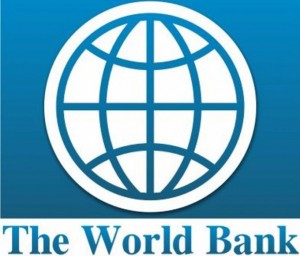World Bank says 1.1 billion people denied access to electricity globally
 About 1.1 billion people worldwide, which is roughly the population of India, is still living without access to electricity, with most of them concentrated in Africa and Asia, according to the World Bank Group.
About 1.1 billion people worldwide, which is roughly the population of India, is still living without access to electricity, with most of them concentrated in Africa and Asia, according to the World Bank Group.
Another 2.9 billion rely on wood or other biomass for cooking and heating, resulting in indoor and outdoor air pollution attributable for 4.3 million deaths each year.
In a release to the Ghana News Agency, it said access to affordable, reliable and sustainable energy was vital to end extreme poverty, and promote shared prosperity. Modern energy services can help improve the quality of life for millions around the world and are key to promoting economic development.
It said the Bank’s engagement in the energy sector was aimed at supporting developing countries to secure the affordable, reliable and sustainable energy supply needed to end poverty and promote shared prosperity.
“We assist countries to pursue environmentally, financially, fiscally and socially sustainable energy sector development,” it said.
It said the UN’s Sustainable Energy for All (SE4All) Initiative, co-led by the World Bank, aimed to accomplish three goals by 2030: universal access to electricity and clean cooking fuels; doubling the share of renewable energy in the global energy mix (from 18 to 36 percent), and doubling the energy efficiency improvement rate.
The statement said 85 countries had opted in to this initiative, and many public, private and non-governmental actors support its implementation. The World Bank was working with many countries to help achieve these goals.
“We aim to take a long-term holistic approach, emphasizing the need to build strong financial, operational, and institutional frameworks for sustainable energy systems. We also seek to foster private sector participation and investment; embrace a multi-stakeholder, inclusive approach to the development of energy projects and to acknowledge and reflect individual country circumstances.”
The World Bank acts as a knowledge hub for SE4All, leading numerous agencies in major collaborative projects to monitor and report on energy development outcomes.
This led to the Global Tracking Framework, a suite of indicators and an accompanying data platform, which make it possible to track progress of all countries in the world towards the energy access, energy efficiency and renewable energy goals.
Another recent project, Readiness for Investment in Sustainable Energy (RISE), provides indicators that compare the investment climate in countries across the three focus areas of the SE4All initiatives.
Source: GNA
